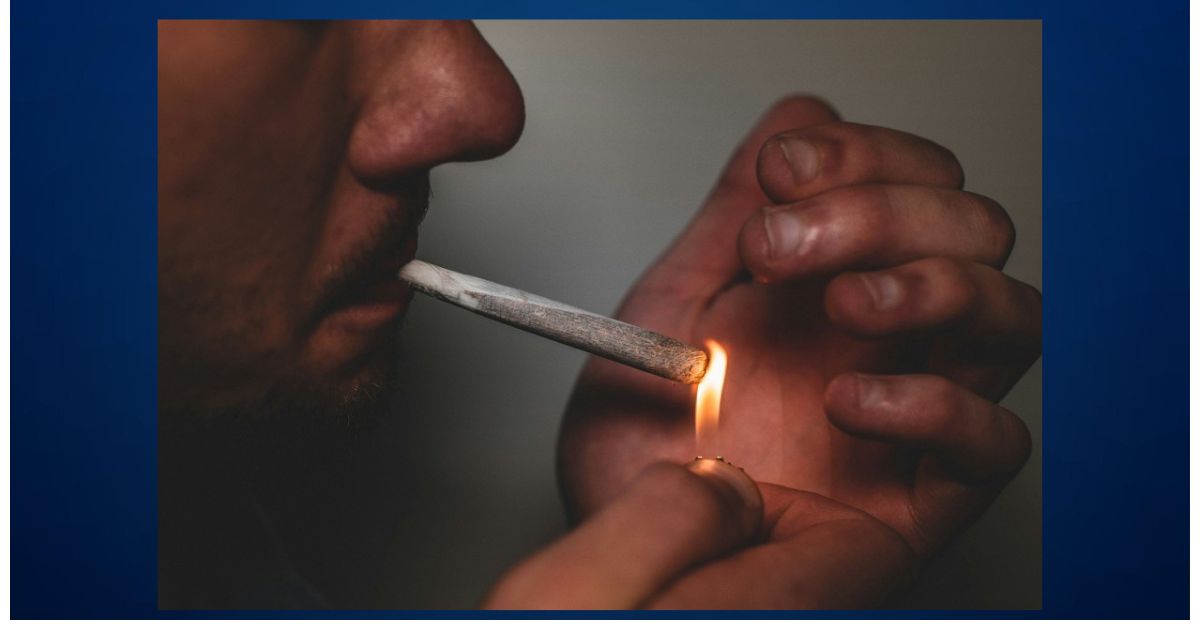Safe and Smart Florida Website is Misleading
Medical Marijuana growers and other advocacy groups have garnered enough signatures to put the issue of recreational pot on the ballot for the fifth time on November 5th. The Supreme Court okayed the ballot language and now Florida voters will have the chance to voice their opinion on whether Florida should join other states in legalizing pot for allegedly only adult use.
On the “For” side is north Florida medical marijuana retailer Trulieve which has bankrolled 85% of the amendment drive to the tune of over $40,391,000 of the $46 million raised to date by Safe & Smart Florida, the group advocating in favor of Amendment 3, with more dollars certainly coming. Other special interest retailers from Chicago, Colorado, Massachusetts, and Miami have contributed large sums as well, but no one comes close to what Trulieve has contributed, and it is all about the money – they will reap the benefits of a new $4B+ industry!
Leading the “No” side is Florida Governor Ron DeSantis and his Florida Freedom Fund along with the Florida Sheriffs Association, Florida Police Chiefs Association, Florida Prosecuting Attorneys Association, and the Republican Party of Florida. The Florida Smart Justice Alliance, founded in 2006, is also opposing this dangerous amendment.
Though Forbes magazine and recent polls indicates that somewhere between 64 – 66% of Floridians support the initiative, don’t think for a minute that that makes it a winning cause. Why? Because the opposition campaign has not even started yet, and once it does it will be easy to lose the 4-6% that will defeat this cause.
Proponents of course, will not sit by idly by without a fight. On the proponents for legalized pot website there is a Myth vs. Fact page and one of the first questions asked is would crime increase in Florida? Their answer is “legalization has led to a decrease in gang violence and has hurt Mexican cartels which now has a smaller market in the US” and the citation reads that it based on an article in The Guardian from, wait for it, January 2018, over 6 years ago. Moreover, the article relates to a study conducted on “a state on the Mexican border” which has no relevance to Florida whatsoever.
As for gang violence decreasing this is laughable on its face. According to the FBI there are about 33,000 violent street, motorcycle and prison gangs active, and the DEA is spending over $2B “this year to curb gang and cartel activity.” The Department of Justice states that gang youth committed over 11% of all crimes, and that the rate of violent offense for gang members is three times higher than non-gang delinquents. As for the Mexican cartels, to suggest that their market share is smaller is also misleading because cartels, also known as “transnational criminal organizations,” have expanded their reach through our porous southern and northern borders and while marijuana is only one of many drugs trafficked, the Mexican cartels are constantly growing.
Another myth addressed on the website is that “legalization will boost underage consumption of marijuana.” Disingenuously, the website references a source, but that data is behind a paywall – nice going proponents! Regardless of whether it is due to legalization, young children according to the The American Academy of Pediatrics (AAP) states that just three years ago, “7% of 8th graders, 17% of 10 graders and 30% of 12 graders reported using cannabis ort hashish in the past 12 months.” Whatever the source, pot has harmful impacts on a child’s brain which continues to develop to the age of 25. The AAP states that “In fact, the results of 48 studies show that kids who regularly use cannabis are much more likelier to leave school before graduating or earning degrees.” It also states that “About 9% of all people who use cannabis develop substance use disorder with cannabis – but for those who start in their teens, the rate jumps to 17%.”
Does legalizing recreational pot harm public health? The website’s answer is that legalization allows for access to a safer product because of quality control and regulation. Yet that fails to address whether public health will be better, because more people, adults and children, smoking pot or anything is going to have a deleterious effect at a minimum on the lungs, throat and mouth, The National Institutes of Health earlier this year reported that in a study of nearly 435,000 American adults, the largest study group ever, daily use was “associated with a 25% increased likelihood of heart attack and a 42% increased likelihood of stroke when compared to non-use of the drug.”
Does pot “negatively impact productivity in the workplace” is answered on the website as a “no” and it cites a reference and when I looked further it is a “Working Paper” for the National Bureau of Economic Research. So far, so good. But delving deeper into the working paper, the last sentence of the “Discussion and Conclusion” section says, “The present study provides empirical evidence on the consequences of marijuana legislation on issues related to the labor market outcomes, in particular, WC (Workers’ Compensation) claiming of older adults.” (emphasis added). To suggest that older adults in the workplace who may be using pot at home to relieve pain, which is duly noted in the report, is akin to younger workers smoking pot in the workplace is ludicrous. The Journal of the American Medical Association (JAMA) in February 23, 2024 notates that in states with recreational marijuana laws (RLMs) were “associated with a 10% increase in workplace injuries among individuals aged 20 to 34 years.”
So, do you think having employees who are stoned driving delivery trucks, or a pickup truck with a trailer of equipment, or an 18-wheeler, is going to be safer than if they did not inhale? Since we know that there is cognitive decline from smoking pot, will you really feel safer with more people being stoned on the highways?
The website stated the myth “Legalization will result in unsafe roads due to marijuana-impaired driving,” and they answer it by splitting hairs by saying “the claim that legalization leads to significantly more impaired fatalities is not supported by the evidence” and they cite a literature review published last year to prove their point.
Again, detailed analysis of the literature review cited undermines their own answer. In the conclusion section it starts out with: “The results of the studies are not conclusive…By contrast, only seven studies show no increase in traffic accidents or in the number of visits following an accident” out of 49 reviewed. It goes on to say “Finally, we can make inferences about different risk factors in traffic accidents associated with cannabis consumption, such as being male, young, and having also consumed alcohol.”
To add insult to injury, the review states, “ When interpreting the results of the studies analyzed, the limitations of these studies, many of them significant, should be taken into account, such as the number of states participating, the type of studies that do not allow causality to be established, and mainly laws about decriminalization and/or legalization of marijuana between states, and differences among states regarding THC detection limits or the collection of data through self-reports, among others.” In other words, do not believe the answer to this question on the website as stated by their own source.
Also in the report is a potential indictment of marijuana dispensaries themselves, “In addition, it may be important to find out what role marijuana dispensaries (emphasis added) play with respect to traffic accidents, as well as the establishment of laws on the levels of consumption allowed when driving.”
Trulieve is a marijuana dispensary along with the other biggest funders of the “Yes on3” campaign, so this citation points a finger at the proponents as perhaps being a part of the problem – and they are. They have selectively used citations that are either too dated, you cannot review without paying $40 for the article which no one is going to do, do not back up their statements, or equivocate the data themselves.
You would think the proponents would review their data on their own website more carefully.
Maybe they just forgot to exhale!


















